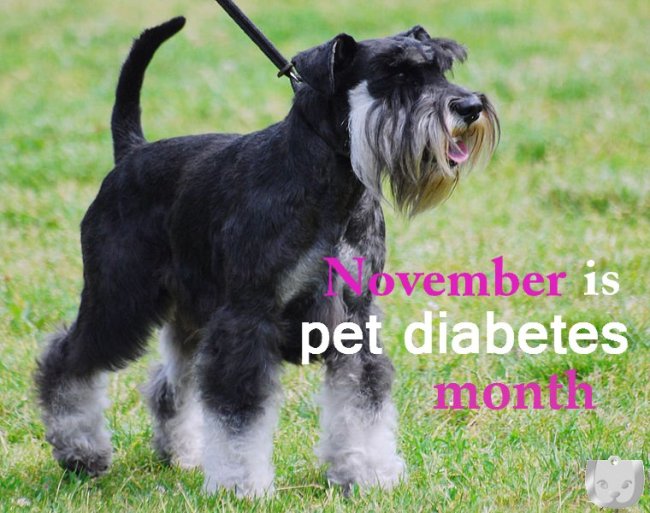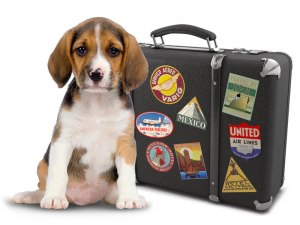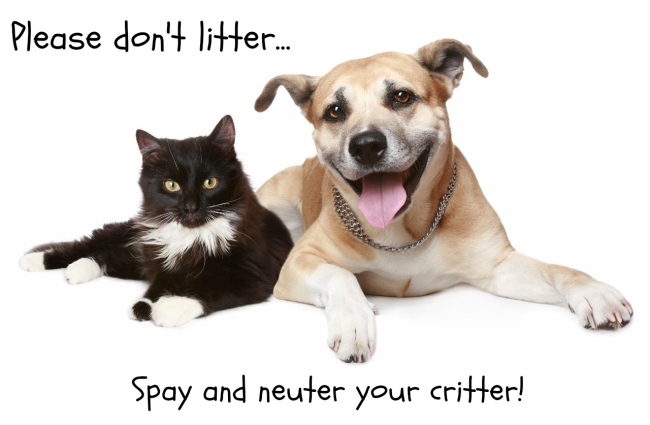Pets can bring untold amounts of joy and happiness…but a pet at Christmas time is a bad idea.
A puppy or kitten under the tree may be very exciting at first but the care and financial responsibility can be overwhelming during the hustle and bustle of the holidays. Just like any gift under the tree these cute and cuddly furballs get played with for a while and then get set aside when the novelty wears off. A pet given as a gift is hardly free for the recipient. They require food, veterinary care, training….it’s a 10-15 year committment of time, money, and energy that may exceed their abilities.
Things to Consider:
The Atmosphere on Christmas Morning
A puppy between the ages of 8-12 weeks is at a stage where it adjusts best to leaving it’s litter mates and bonding with its new family. However, during this time it is imperative to not cause undue stress. The hustle of a holiday can frighten a young puppy and prevent it from forming healthy bonds with it’s new family in the future.
Sending the Wrong Message
Giving a live animal as a gift can send children the message that this is just another “object” that can be hidden in the closet with the rest of the toys after they get bored with them. The most valuable lesson a pet can teach a child is respect for living beings and that pets are members of the family. This message can easily get lost when a child opens a box with a wriggling, cuddly pet as a gift.
Puppies Grow Up
That cute, fluffy puppy is going to become an adult dog that needs training. They don’t come knowing what to do. They need to be taught where to go potty, not to jump on people, not to chew furniture, etc. The Humane Society reports that most dogs that end up at the shelters are between 7-14 months because of “behavior problems”. They also state that most puppies and kittens born in the United States never reach their second birthday due to being hit by a car because they ran away from the owners, starvation, injury from another animal, or euthanasia. This is due to many owners not understanding the what it would take to properly train and care for a pet.
If you have already decided that you’d like to give a pet as a gift this holiday season, perhaps think about giving a certificate for a pet to be purchased later once the hustle and bustle calms down after the holidays. Package the certificate with books on pet selection, pet training, and healthcare. This is a great way to introduce the joy pet ownership can bring without the undue stress of a new pet during the holiday festivities.








